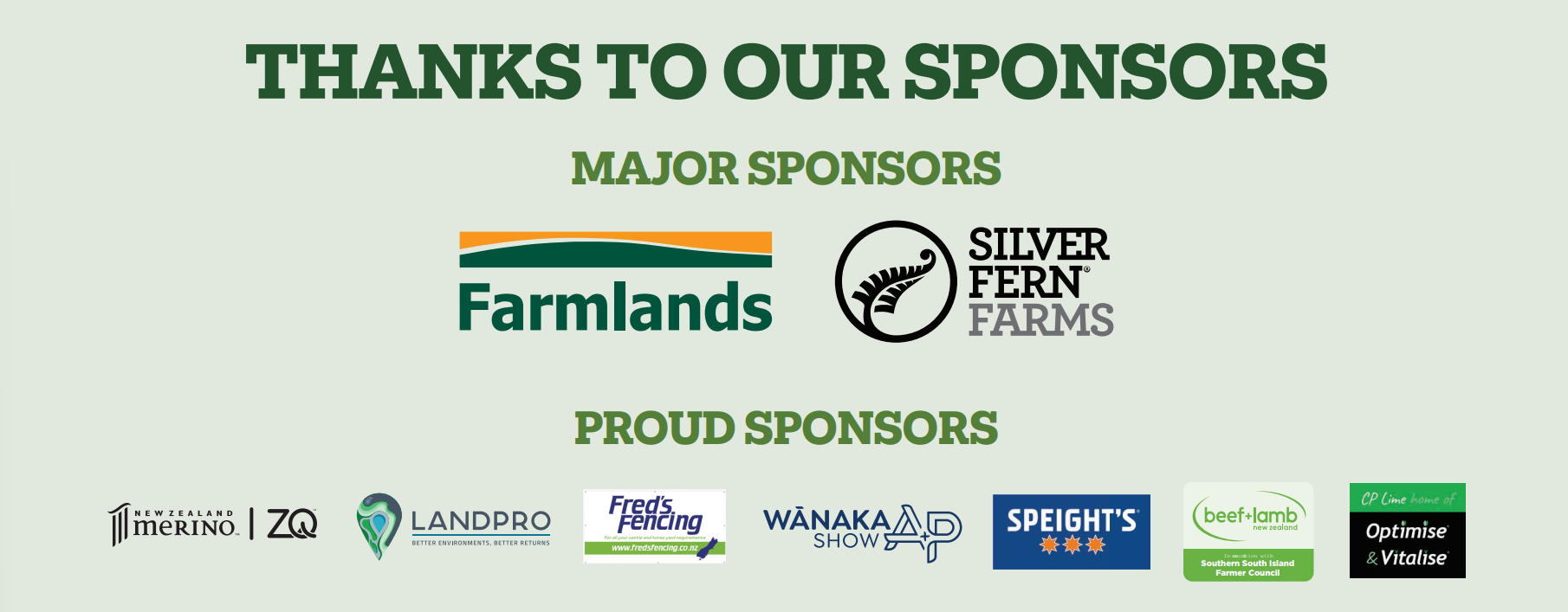
South Otago sheep farmer Rick Cameron is on a quest to regenerate the culture of agriculture.
The 71-year-old was born and raised on the more than 470ha family farm Ridgepark in Lovells Flat, between Milton and Balclutha, near The Old Sod Cottage.
His father Hugh, who was the oldest brother at Otematata Station, moved from Millers Flat to buy the farm in 1951.
‘‘He paid a terrible price and it was overrun with rabbits.’’
Then, about 800 sheep could be run on the farm. The family had cleared scrub to create more than 100 paddocks.
He and his now retired brother Pete, 82, worked on Ridgepark from 1973 and increased the flock to 6000 which he recalled as too many.
He praised Pete for strategically planting stands of trees across the farm to entice sheep from the hill country and lift fertility in the flock.
Now they ran 4200 ewes and 1100 hoggets, using a range of genetics including Coopworth, poll Dorset and Romney.
His grandfathers both instilled in him a belief that ‘‘there’s got to be a better way’’.
‘‘We limit our own imagination, we are too scared to fail, but for me failure is great because it means we don’t have to do that any more.’’
He tried new ways to farm because he imagined the worst way to die would be from boredom.
The farm had an all-grass wintering system and the last time a winter crop was planted on Ridgepark was 1975.
‘‘You live for the day but farm as though you’ll live forever and laziness had to be well carried out — if you don’t need to do it, don’t do it.’’
His son Ben now manages the farm.
Everyone involved with the farm enjoyed ‘‘nurturing a university environment of constant learning’’.
‘‘Our ability to thrive is our ability to question.
‘‘We spend our time looking for answers but we should spend our time looking for a better question.’’
He collected data, such as herbage performance and rainfall retention in soil, to be able to coach how to farm using low energy inputs.
The farm had four grazing strategies for renewing pasture.
Trials on the farm revealed what worked and he was willing to share that knowledge.
‘‘My basic role is coaching the coaches.’’
His journey of constant learning included studying international finance to stay ‘‘in the minds of the puppeteers or you’re on the end of their strings’’.
He was the farmer-elected representative on the New Zealand Wool Board four times in the 1990s.
Wool was once New Zealand’s top export earner until about 1960.
‘‘Ben bought his first cricket bat plucking dead sheep.’’
Wool had helped the farm clear debt, pay for land development and infrastructure and provide for three families.
The collapse of wool required a serious reconfiguration of thought.
‘‘My wool cheque didn’t pay for my farm insurance this year — that’s not sustainable.’’
He was the sole director of Agmatch and Agwool New Zealand, businesses founded by textile engineer Ken Algie, of Waimate, to allow a way for farmers, suppliers, the public and the processors to trade wool without a commission.
‘‘We both understood a team is greater than an individual.’’
He had been involved with past farm-to-retail enterprises before and was not willing to give up on the concept.
‘‘Failing teaches one the very subtle differences not seen from the outside.’’ — Shawn McAvinue
















